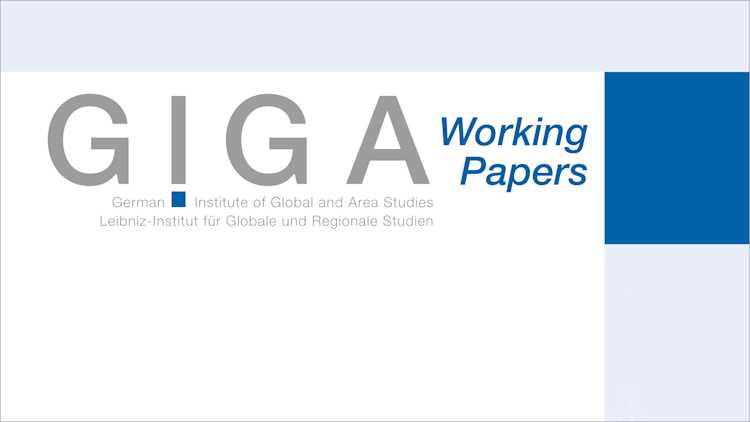- Home
- Media Relations
- Asia Research in the Global Context
Publication
Asia Research in the Global Context
Globalization has led to far-reaching changes in East and Southeast Asia. Heike Holbig discusses the current state of interdisciplinary research on Asia in the context of efforts towards de- and re-territorialization.

Representatives from the social sciences and cultural studies continue to exhibit mutual reservations and sensitivities when they encounter each other in the field of area studies. This is particularly so with regard to research on East and Southeast Asia. Given this background and with the intention of deriving a productive definition of area studies, this article attempts to assess the current state of Asia‐related area studies by reviewing and comparing the debates within the social sciences and cultural studies in the Anglo‐Saxon and German‐language spheres on the changing role of the discipline.
In this text, region is defined as an ongoing process involving the communicative construction of social relations. Various approaches to describing the regions of East and Southeast Asia illustrate that this process is subject to dialectical movements of de‐ and reterritorialization, which should be examined as issues of equal empirical rank. In view of a growing focus primarily on transnational and transregional entanglements, this text suggests using the term "reflexive essentialism" and proposes more extensive reflection on the new and essentialist self‐assurances, limitations, and entrenchments at the regional, national, and subnational levels.




